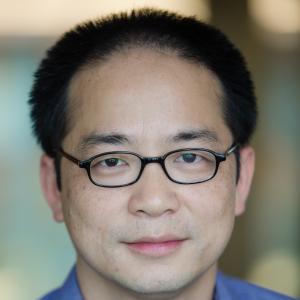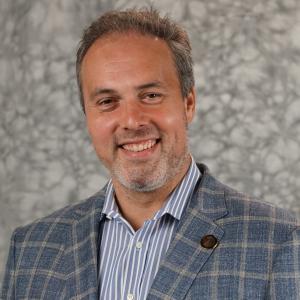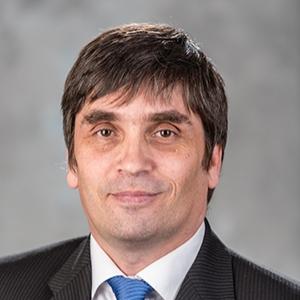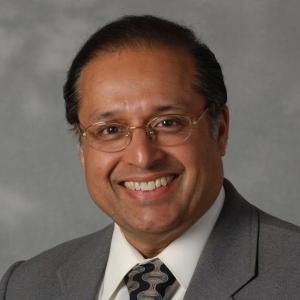Jennifer Curtis
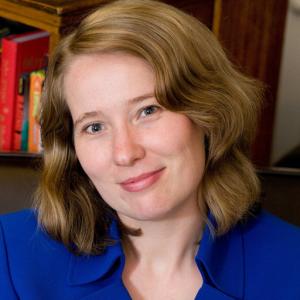
Jennifer Curtis
Professor, School of Physics
The Curtis lab is primarily focused on the physics of cell-cell and cell-extracellular matrix interactions, in particular within the context of glycobiology and immunobiology. Our newest projects focus on questions of collective and single cell migration in vitro and in vivo; immunophage therapy "an immunoengineering approach - that uses combined defense of immune cells plus viruses (phage) to overcome bacterial infections"; and the study of the molecular biophysics and biomaterials applications of the incredible enzyme, hyaluronan synthase. A few common scientific themes emerge frequently in our projects: biophysics at interfaces, the use of quantitative modeling, collective interactions of cells and/or molecules, cell mechanics, cell motility and adhesion, and in many cases, the role of bulky sugars in facilitating cell integration and rearrangements in tissues.
404.894.8839
Office Location:
MoSE G024/G128
Advanced characterization, cell biophysics, soft materials, tissue engineering, cell biophysics, cell mechanics of adhesion, migration and dynamics, immunophysics, immunoengineering, hyaluronan glycobiology, hyaluronan synthase, physics of tissues
IRI Connections:

